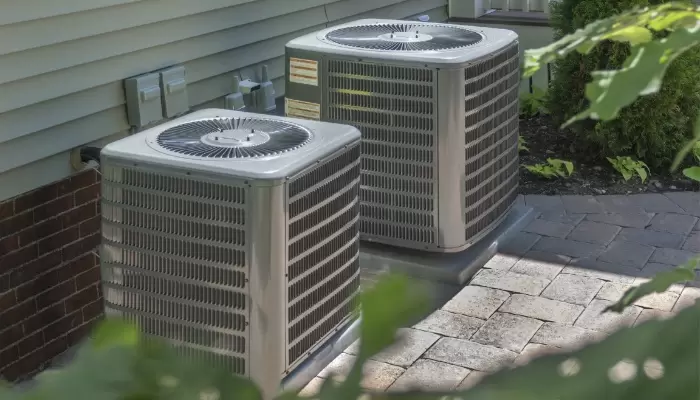
When it comes to replacing your home's cooling equipment, you have two options: wait until it dies or do it before. Keep in mind that if your air conditioner dies, it won't happen when the air is cool outside.
Your best option is to get a new air conditioner before your unit fails. So how do you know when to replace it? Here are some guidelines for making the decision.
You don't get the cooling you need
If, despite proper maintenance, your unit struggles to cool your home, it may be time to replace it. One of the early signs of a unit about to go kaput is a drop in performance.
It makes funny noises
An air conditioner isn't quiet but if your unit becomes excessively loud and your neighbors start giving you dirty looks, it may be time to replace it. Moving parts wear out over time and the longer you force it to work, the closer you'll be to the inevitable demise of your cooling system.
Your electricity consumption rises
As your unit ages, the efficiency drops off. The first place that will feel this effect is your pocket. Your air conditioner will consume more electricity to meet your cooling demands, increasing your bill.
It uses R22 refrigerant
R22 refrigerant is an HCFC (or hydrochlorofluorocarbon) that depletes the ozone layer. It was the standard refrigerant for residential units for many years but is being phased out as part of an international agreement. Even though you are not required to replace your unit, obtaining replacement R22 for servicing will become more difficult as it is phased out. The replacement refrigerant, R410A, can be used in R22 units but it needs a retrofit kit. Considering the age of most R22 air conditioners, your best bet is to replace it with the environmentally friendly alternative.
It's old
Speaking of age, not everything improves like fine wine. After ten or fifteen years, keeping an air conditioner just doesn't make sense. Even if you've managed to keep it well-maintained, the drop off in performance means you'll be spending way more to keep your home comfortable. It might cost you up front, but upgrading to a new unit (with a higher efficiency) will save you in the long run.
If you’re seeing any of these signs that you need to replace your unit, give us a call and we can keep you cool this summer.









